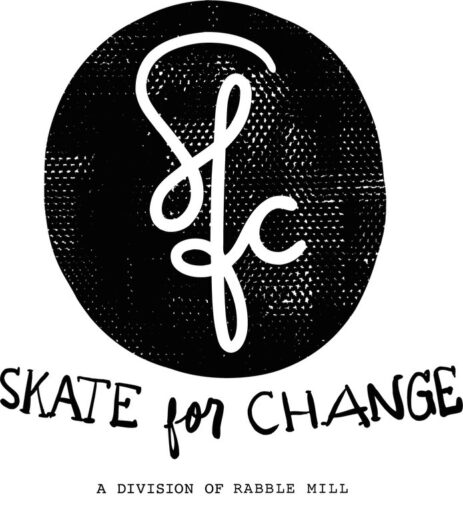Taking a seat at the table of activism can feel daunting, but having conversations with others is the best way we can grow and understand each other. We’re creating glossaries covering jargon in activism and politics, to race and sexuality. We’re starting at square one, here are some basic terms about activism you’ll want to understand.
Ally/Allyship
Being an ally is dedicating yourself to a lifelong mission of educating yourself about oppression, using your privilege to uplift minorities and standing up against oppression every chance you safely can.
“She showed good allyship by having a difficult conversation with her friends and family about the homophobic jokes they made.”
Note: The label “ally” is something that a minority may call you, but you can not label yourself as.
Resource: https://guidetoallyship.com
Activist
Someone who dedicates their time and energy to fighting for a cause, usually having to do with a political or social issue.
“He became a passionate housing rights activist after reading about the homelessness problems in his city.”
Collusion
Thinking and acting in ways that support privilege and dominant systems of power.
“The parents colluded with the coach by donating money to the team, securing their son’s spot on Varsity.”
Cultural Appropriation
Generally describing Western exploitation of non-Western or non-White culture, practices or artistic themes.
“The Native headdress he wore on Halloween culturally appropriated the tribes indeginous to his state.”
Cultural Competence
The ability to empathetically engage in dialogue and discourse with people of different cultural backgrounds.
“Their boss’s cultural competence creates a welcoming environment that is comfortable to work at.”
Discrimination
A person discriminates when due to another person’s characteristics they make an intentional or unintentional distinction that either disadvantages or withholds. advantages from that individual, or class of individuals, in a way that is not imposed on others.
“The manager’s discrimination against certain apperances lead him to hiring a wait staff of only tall, blonde, white women.”
Equality
In an effort to promote fairness, everyone is given the same resources.
Note: Only works if everyone starts from the same place and needs the same help.
“A good teacher promotes equality of education by teaching all the students the same lesson.”
Equity
Everyone is given the resources they need to succeed.
Note: Imagine it as an effort to “level the playing field”
“The teacher promoted equality in education by tutoring some students, and allowing others to work on their own.”
Hate Group
Organizations which advocate violence through lies against certain groups, claim their identity is ‘superior’ to that of other people, and/or do not value the human rights of other people.
“The hate group organized a rally that disturbed the funeral of the gay pastor.”
Internalized Oppression
Acceptance of oppressive beliefs and self-hatred of one’s own identity.
Ex) Her internalized homophobia made her suppress her attraction towards women.
Intersectionality
The idea that identities are not mutually exclusive, and intersect to create a whole, inseparable identity.
Some identities that can intersect are gender, race, social class, ethnicity, nationality, sexual orientation, religion, age, mental/physical disability, mental/physical illness and others.
Oppression
When a class of individuals are disadvantaged due to institutional and systemic discrimination, personal bias, bigotry and social prejudices all at play in a minority’s society.
“The organization found to end oppression against people of color in the medical industry.”
Power
The ability to influence behaviours of others, and achieve set goals.
“The power she held in the friend group made everyone cover for her when she got in trouble.”
Prejudice
A generally negative, unjustified attitude towards a certain group of people, and refusing to genuinely view them as individuals that are nonconforming to those stereotypes.
“His prejudice beliefs against Hispanic people made him hesitant to hire them, and often subject them to stricter supervision.”
Privilege
A systematic set of benefits, and lack of disadvantages for a dominant identity group. Some systemic benefits are greater access to power, resources, government, language, land and education.
“He was privileged to have been in clubs and sports throughout highschool, it gave him a better chance at colleges than his friends who had to work after school.”
This glossary was created using the Dalhousie University’s human rights and equality services. Visit their site to learn more about human rights, sexualized violence, personal harassment, equity and inclusion, and conflicts.




